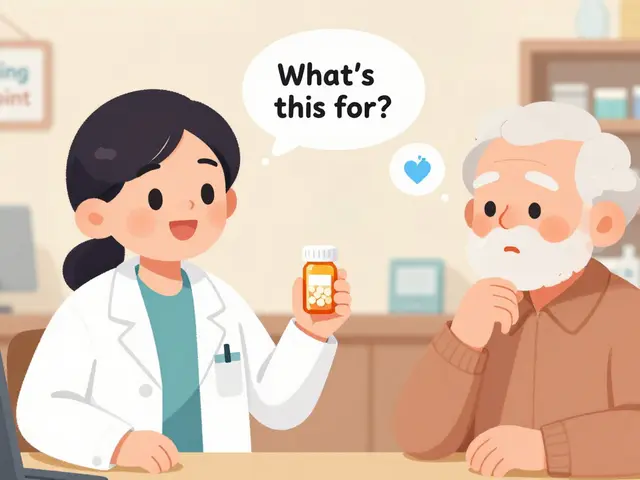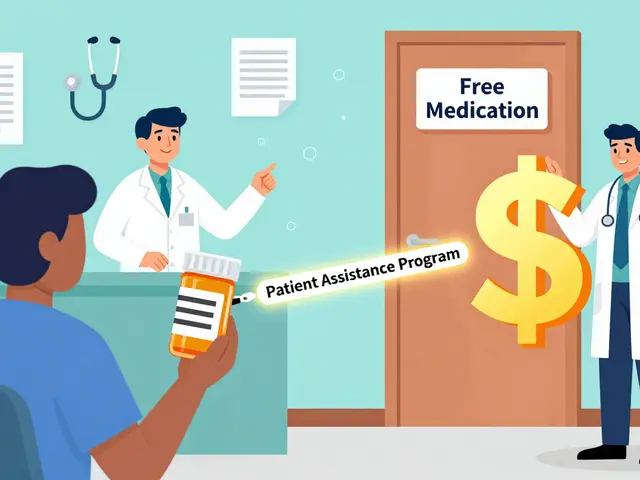Ritonavir — what it is and why it matters
Ritonavir is a prescription antiviral most people recognise as a booster drug. Doctors use it to raise levels of other antivirals so they work better. You’ve probably heard its name linked to HIV therapy and more recently to Paxlovid, where a small dose of ritonavir helps the main antiviral stay active in your body longer.
What ritonavir does
At its core, ritonavir blocks an enzyme called CYP3A4 in the liver. That slows the breakdown of many drugs, so blood levels of those drugs go up. In HIV care, ritonavir used to be given in higher doses; today it’s mainly used in low doses to boost newer HIV meds or antivirals like nirmatrelvir (Paxlovid). For example, Paxlovid combines nirmatrelvir with 100 mg ritonavir twice daily for five days to treat early COVID-19 in high-risk patients.
Safety, side effects, and key interactions
Common side effects are nausea, stomach upset, and a weird taste in the mouth. Ritonavir can also raise liver enzymes and blood lipids, so people with liver disease or uncontrolled cholesterol need closer monitoring. If you notice severe stomach pain, jaundice, or dark urine, contact your clinician.
Drug interactions are the big deal. Because ritonavir blocks CYP3A4, it can cause dangerous increases in many medicines. Some clear examples: simvastatin and lovastatin can reach toxic levels and are usually stopped if you start ritonavir. Certain antiarrhythmics, sedatives like oral midazolam, some anticoagulants, and specific antidepressants may also interact. Even herbal products like St. John’s Wort can cause problems. Always give your prescriber and pharmacist a full list of what you take—prescription, OTC, and supplements.
If you’re prescribed Paxlovid, pharmacists often check for interactions with your heart meds, blood thinners, or seizure drugs. In many cases they'll recommend stopping a particular statin for a short time or switching to a safer alternative. Don’t guess—ask a clinician before changing doses yourself.
Want to buy ritonavir or related meds online? Be cautious. Only use pharmacies that require a valid prescription, show clear contact details, and let you speak with a pharmacist. Check for a physical address, look up reviews, and avoid prices that seem unrealistically low. Unlabelled pills or sellers that bypass prescriptions are red flags.
Final practical tips: always tell your healthcare team about all meds you take, alert them if you have liver issues, and ask how to handle short-term treatments (like Paxlovid) with your regular drugs. If something feels off after starting ritonavir — especially extreme tiredness, new muscle pain, or yellowing skin — get medical advice quickly.
Need more detailed, drug-specific guidance? Ask your pharmacist for a drug interaction check or use official prescribing info for the latest recommendations.
Ritonavir and aging: Addressing the needs of older HIV patients
In my recent deep-dive into HIV treatment, I've been particularly intrigued by the role of Ritonavir in managing the disease in older patients. As our HIV positive population ages, it's important to address their unique needs and challenges. Ritonavir, an antiretroviral medication, is proving effective. It's been helping to boost the efficacy of other drugs, and increasing overall health and longevity. It's fascinating to see how this treatment is changing the game for our elderly HIV patients.
Read More





